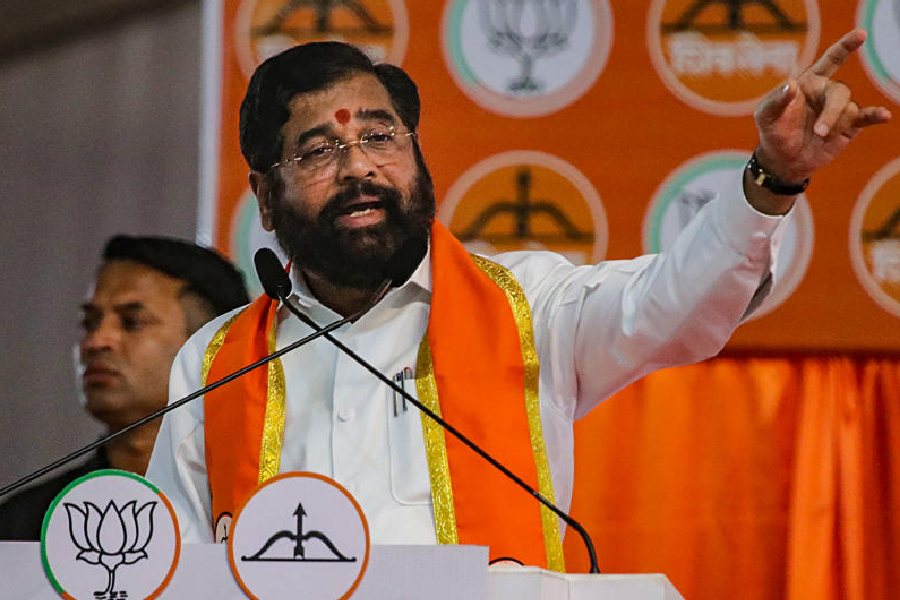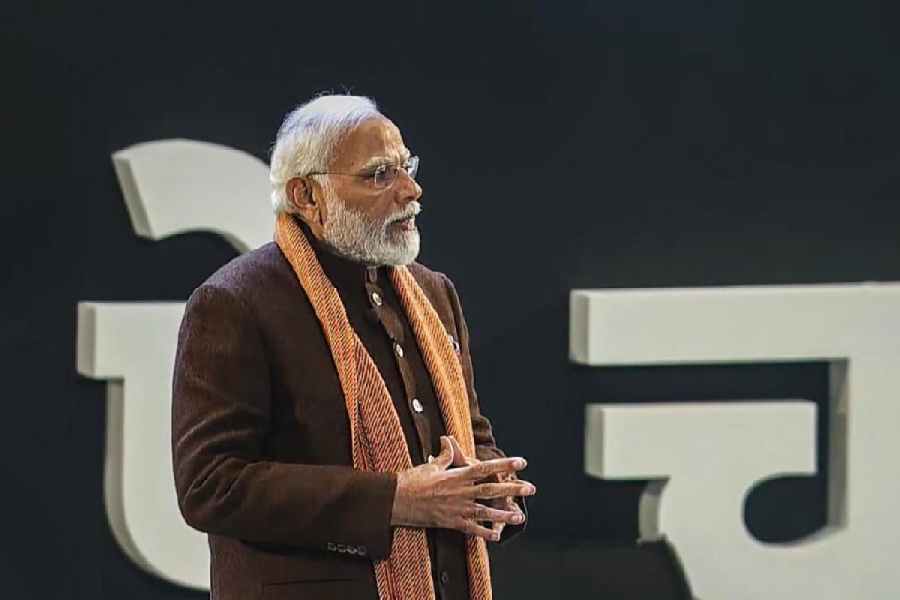It is raining lofty ‘guarantees’ in Maharashtra. On November 20, more than 90 million voters will exercise their franchise for the 288-member legislative assembly in the state, navigating the maze of a fractured and crowded polity.
Two alliances with three parties each, tens of smaller, regional and sub-regional political groups, and hundreds of independents and rebels are vying for a seat in the hallowed House. Winning from the state is so crucial that the two primary alliances are locked in a race of making competing promises to woo voters.
Banking heavily on its Ladki Bahin Yojana — the Rs 1,500 per month direct cash transfer scheme for women — the Bharatiya Janata Party-led Mahayuti is promising women voters to hike it to Rs 2,100 per month should they return to power. The Eknath Shinde government implemented this scheme to woo women voters in August, following the severe drubbing the Mahayuti got in the Lok Sabha elections. The assembly elections were said to be postponed because the Mahayuti wanted to ensure at least four installments were paid to the women before the state went to the polls.
On the other hand is the Maha Vikas Aghadi comprising the Congress, the Nationalist Congress Party (Sharad Pawar) and the Shiv Sena (Uddhav Balasaheb Thackeray). It is offeringRs 3,000 per month under the Mahalakshmi scheme, a direct lift from the Karnataka government’s ongoing scheme, and a free ride in the buses, in addition to loans and grants to the women’s self-help groups. While women are the focus, there are other guarantees and promises of cash transfers to different sections, notwithstanding the precarious condition of the state’s coffers and its rising debt.
Amidst all this, there is also a cacophony of communal phrases at election rallies by BJP stalwarts such as Yogi Adityanath, Devendra Fadnavis, Amit Shah and Narendra Modi — ‘vote jihad’, ‘Batenge toh katenge’, ‘Ek hai toh safe hai’, ‘Aurangzeb’, ‘urban naxals’ and so on. Maharashtra, regarded as a progressive state, is witnessing something that it never has: the communal arsenal unleashed by the BJP which is usually reserved for the northern states.
On the ground though, three issues are troubling millions: agrarian distress, inflation and unemployment. The rural masses are crying for a vision that lifts their lives and incomes. Rural incomes are down due to sluggish commodity prices and virtually no expansion of industry in the last 15 years in the lagging regions and industrial jobs in Pune and Mumbai are stagnant.
Vidarbha and Marathwada, which together return 110 of the 288 seats in the legislative assembly, will play a crucial role in the government formation. It is here that the incumbent Mahyuti is staring at a major setback, driven by its mishandling of the complex rural crisis and the Maratha reservation protests. Both the regions continue to witness farmers’ suicides, recurring drought, distress migration and ecological crises compounded by extreme climatic events.
But a more immediate concern, glossed over by the Union and the state governments, is the falling prices of soybeans and cotton, causing consternation among the rural peasantry. Soybean is fetching Rs 3,900 per quintal in local markets. Cotton is at about Rs 6,500/quintal. The crops collectively occupy about 90 lakh hectares of land in Maharashtra and are rallying at least Rs 1,000 or more below the minimum support prices. Farmers will make less money from the two crops than they did a few years ago and incur heavy losses because rising production costs and declining incomes would wipe out any chance to make profits. So far the State has stayed away from intervening in the markets to stabilise the prices. Farmers need just one promise: the guarantee of a fair price.











